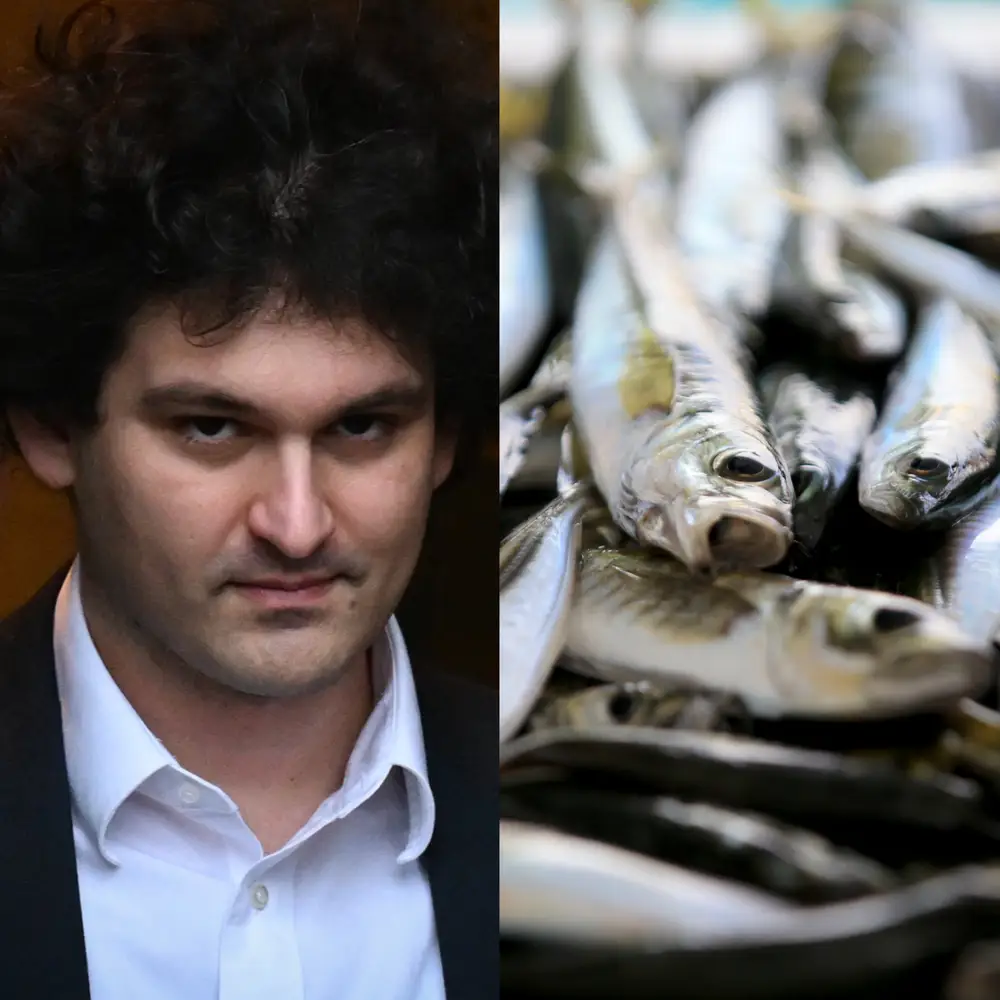“Sam Bankman-Fried, the former billionaire in the crypto world, is adapting swiftly to the economic dynamics within New York’s Metropolitan Detention Center as he awaits sentencing on several felony charges including wire fraud and money laundering conspiracy related to his crypto exchange FTX.
Engaging actively within the facility, Bankman-Fried has been utilizing food items to barter for various services. Notably, his recent well-groomed appearance in New York courtrooms is attributed to a fellow inmate who trimmed his hair in exchange for packaged mackerel—a preferred commodity among detainees.
Bankman-Fried’s adeptness in understanding the preferred currency of his new environment is unsurprising given his extensive background as a professional trader. His career journey began in 2013 as an intern at Jane Street Capital, later co-founding Alameda Research, a crypto-trading firm in 2017. His prowess in arbitraging bitcoin between the US and Japanese markets further underscores his familiarity with trading dynamics.
The use of mackerel, colloquially known as ‘macks’ among inmates, emerged as a currency of choice in federal prisons since 2004 following the prohibition of cigarettes, as reported by sources in 2008.
Larry Levine, an attorney previously incarcerated at the Lompoc correctional institution in California, acknowledged accepting mackerel as payment from fellow inmates he represented during his sentence. He subsequently utilized them to procure personal grooming services like beard trims and shoeshines, as detailed by prior reports.
The surge in popularity of this trend even prompted suppliers like Global Source Marketing to note an increase in demand for the fish back in 2008.
This choice of commodity as a substitute for currency in prisons aligns with economic logic. Certain food items and stamps, characterized by stable value, serve as a reliable medium of exchange since inmates lack access to conventional currency. Mackerel and tuna, being steady commodities, hold a value that can be equated to the dollar, thus facilitating transactions within the confines of prison life.”

